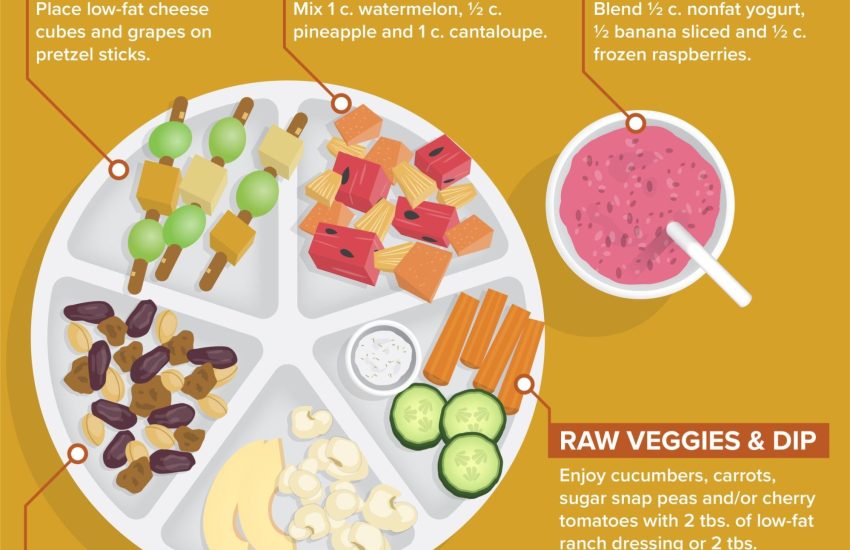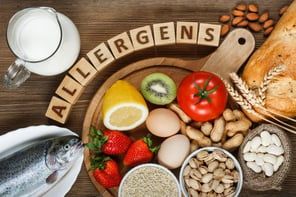Vegan and Vegetarian Diets: Nutritional Considerations
The decision to follow a vegan or vegetarian diet is often driven by ethical, environmental, or health reasons. While these diets can offer various benefits, it is crucial to understand the nutritional considerations involved. Plant-based diets can provide all the necessary nutrients; however, careful planning is required to ensure adequate intake of essential nutrients that are commonly found in animal products. This article explores the key nutritional considerations for individuals following vegan and vegetarian diets.
Protein
Protein is an essential macronutrient that plays a critical role in the body’s growth, repair, and maintenance. Animal products, such as meat, poultry, fish, and eggs, are considered complete protein sources as they contain all the essential amino acids required by the body. However, plant-based sources such as legumes, whole grains, nuts, and seeds can also provide adequate protein when consumed in combination. It is important for vegans and vegetarians to incorporate a variety of plant-based protein sources to ensure they receive all the essential amino acids.
Iron
Iron is a mineral necessary for the production of red blood cells and oxygen transport throughout the body. While animal sources of iron, such as red meat and poultry, are more easily absorbed by the body, vegetarians and vegans can obtain iron from plant-based sources such as leafy greens, legumes, tofu, and fortified cereals. To enhance iron absorption, it is recommended to consume plant-based sources of iron together with vitamin C-rich foods, such as citrus fruits or bell peppers.
Calcium
Calcium is essential for the development and maintenance of strong bones and teeth. Dairy products are a common source of calcium; however, vegans can obtain the necessary calcium from plant-based sources such as fortified plant milk, tofu, broccoli, kale, and almonds. It is important to ensure an adequate intake of calcium through a balanced and varied plant-based diet or consider supplementation if required.
Vitamin B12
Vitamin B12 is primarily found in animal products, and its deficiency can lead to neurological and hematological disorders. Hence, it is crucial for vegans and vegetarians to ensure they get an adequate supply of vitamin B12 through fortified plant-based milk, breakfast cereals, or supplements. Regular blood tests may be necessary to monitor vitamin B12 levels and determine the need for supplementation.
Omega-3 Fatty Acids
Omega-3 fatty acids are essential fats that play a crucial role in brain health and heart function. While fatty fish is often considered a primary source of omega-3s, vegetarians and vegans can obtain these essential fatty acids from plant-based sources like flaxseeds, chia seeds, walnuts, and algae-based supplements.
Zinc
Zinc is an essential mineral involved in various bodily functions, including immune system support, wound healing, and DNA synthesis. Animal products, such as meat and shellfish, are rich in zinc. However, vegans and vegetarians can obtain zinc from plant-based sources such as legumes, nuts, seeds, and whole grains. It is important to note that the bioavailability of zinc from plant-based sources may be lower than from animal sources, so it is recommended to consume a diverse range of zinc-rich food.
Vegan and Vegetarian Diets for Different Life Stages
Vegan and vegetarian diets can be nutritionally adequate and suitable for individuals at different stages of life, including childhood, adolescence, pregnancy, and breastfeeding. However, it is important to pay extra attention to nutrient needs during these periods and consult with a healthcare professional or registered dietitian to ensure proper nutritional planning.
Nutritional Supplements
While it is possible to meet all nutritional needs through a well-planned vegan or vegetarian diet, supplementation may be necessary for certain nutrients, especially vitamin B12 and vitamin D. It is recommended to consult with a healthcare professional or registered dietitian to assess individual needs and determine appropriate supplementation, if required.
Conclusion
Vegan and vegetarian diets can provide a variety of health benefits, but proper nutritional planning is essential. By ensuring an adequate intake of protein, iron, calcium, vitamin B12, omega-3 fatty acids, zinc, and other essential nutrients, individuals can thrive on plant-based diets. Consulting with a healthcare professional or registered dietitian is strongly advised to tailor the diet to individual needs and ensure all nutritional requirements are met.


